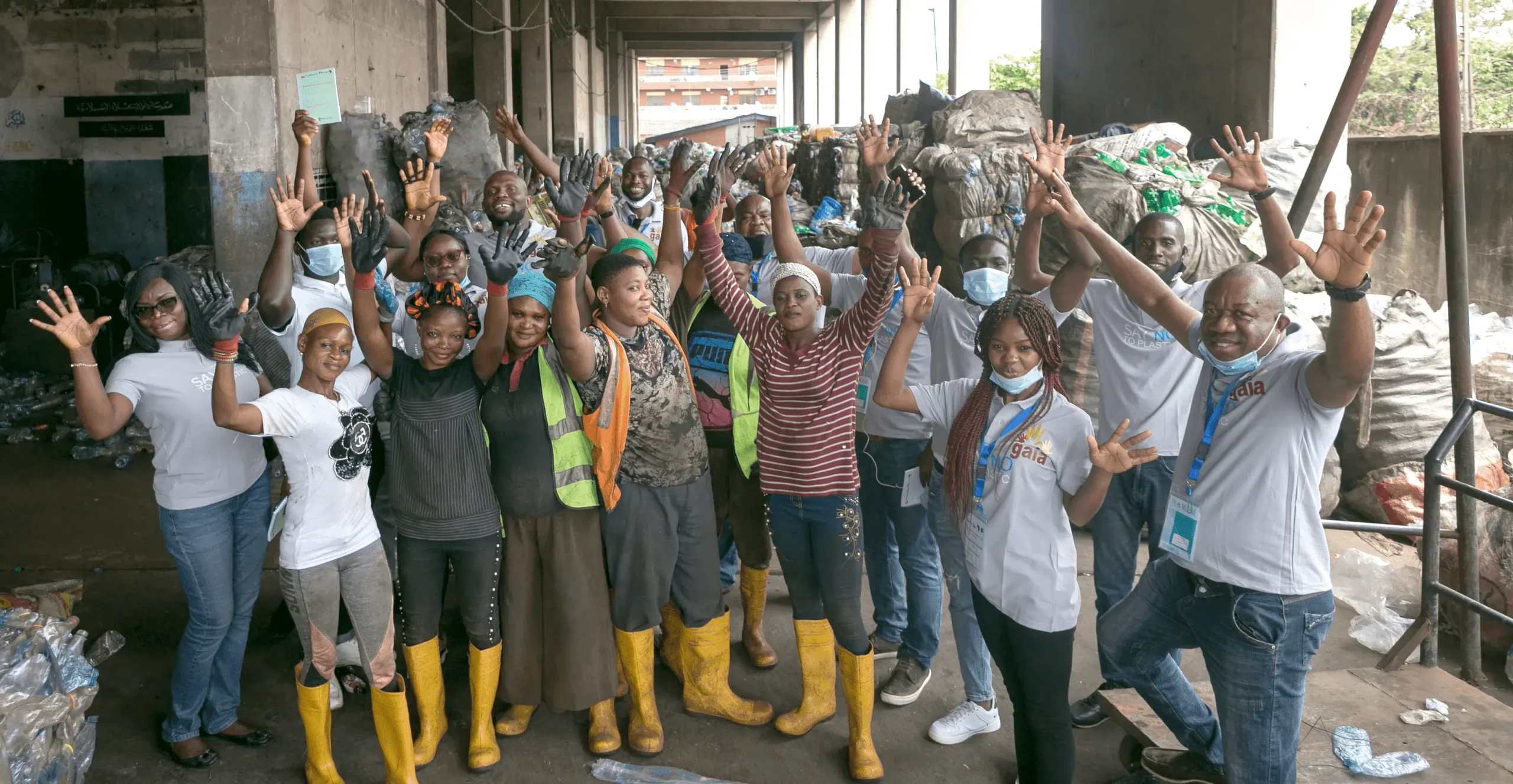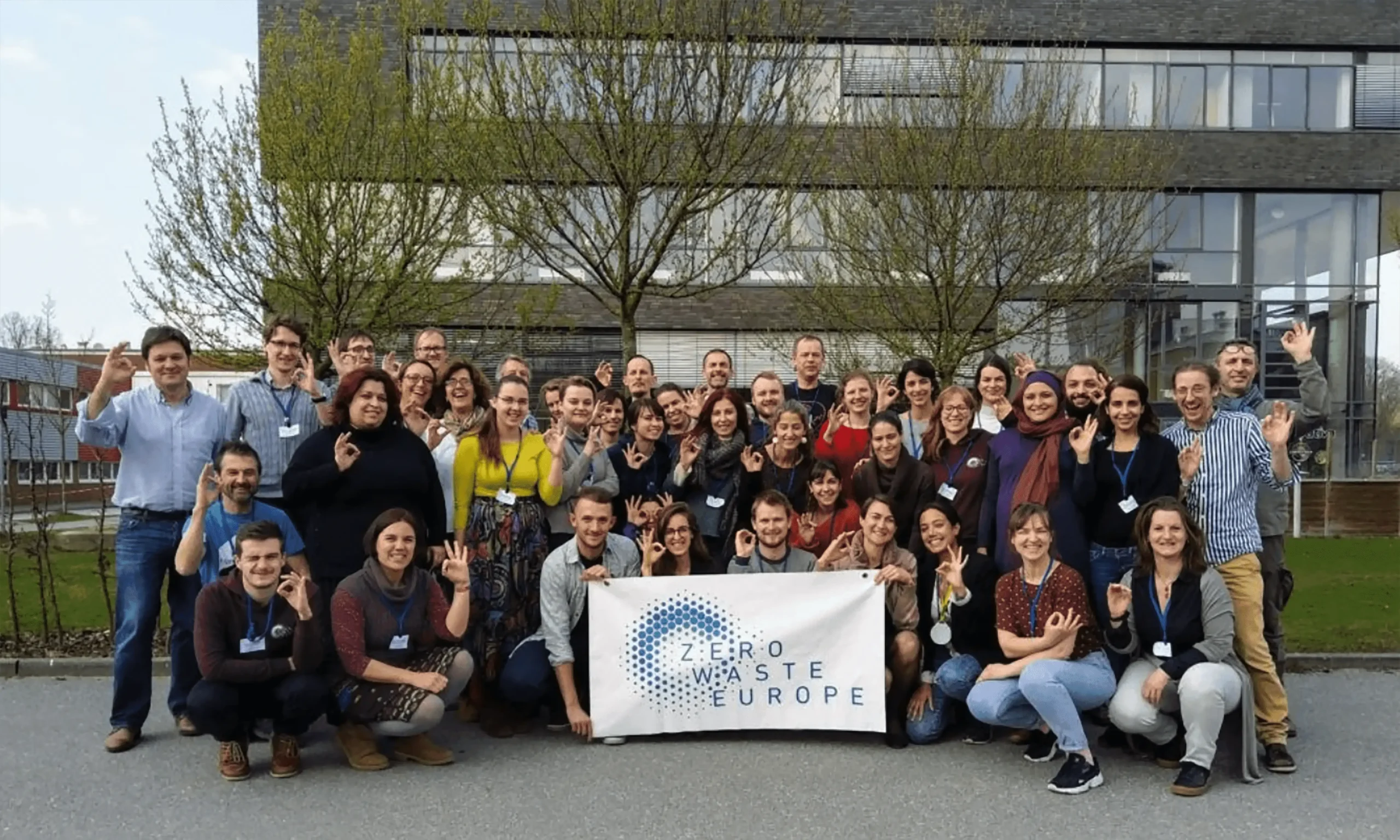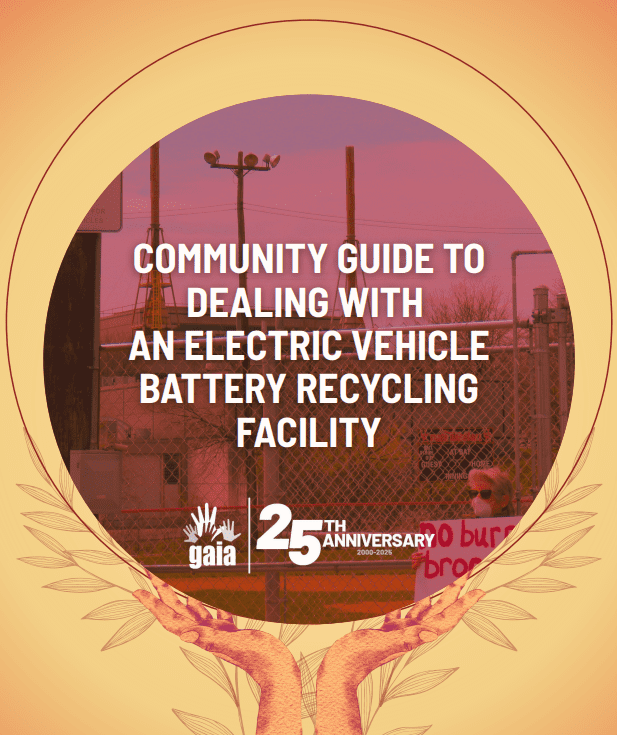GAIA and its members are fighting to end Global North plastic waste dumping in Global South countries, and advocating Basel Convention leadership for a worldwide shift towards localized zero waste economies that foster sharply reduced plastic production, discourage false solutions like so-called “chemical recycling,” and end plastic waste burning, which poisons people and planet and harms our climate.
For more information on the Global Plastics Treaty, visit our webpage.
Featured Publications

Policy Brief: Plastics at Basel COP 15
Three years after the Basel Convention COP14 adopted the plastic waste trade amendments that came into force in January 2021, the global plastic waste trade has shifted but remains a cause of environmental injustice, with communities and ecosystems in importing countries bearing a disproportionate portion of the toxic burden associated with the dumping, burning and environmentally-unsound recycling of plastic waste.

Chemical Recycling: Status, Sustainability, and Environmental Impacts
This technical assessment reveals that chemical recycling is polluting, energy intensive, and has a track record of technical failures, and concludes that it is impossible for chemical recycling to be a viable solution in the short window of time left to solve the plastic problem, especially at the scale needed.
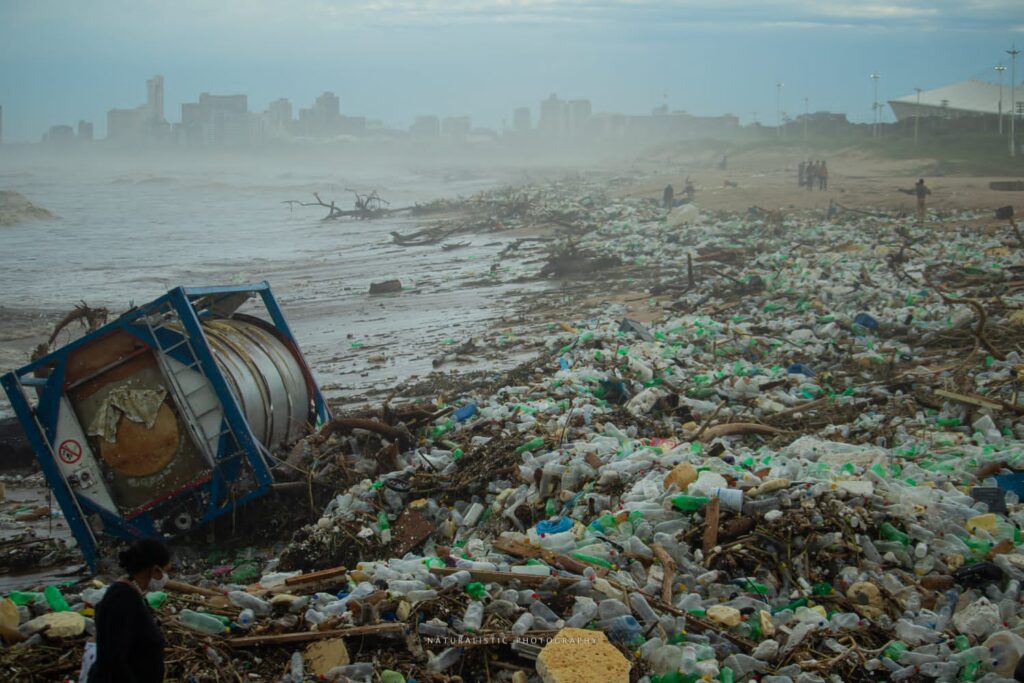
Bridging the Basel Convention Gaps with the Future Plastics Treaty
While recognising and supporting the need to avoid duplication of mandates,institutions and resources between treaties, the new legally binding international instrument to end plastic pollution (“Plastics Treaty” or “the Treaty”) offers an excellent opportunity to highlight and fill gaps that either fall outside the scope of the Basel Convention or that the Basel Convention is not effectively addressing.
Additional Resources
Comments on the Basel Convention Draft Updated Technical Guidelines on the Environmentally Sound Management of Plastic Wastes and for their Disposal Submitted by Basel Action Network, Global Alliance for Incinerator Alternatives, Environmental Investigation Agency.
Top exporters such as the United States, Germany, the UK, Japan and Australia are placing a disproportionate toxic burden on the environment and communities in importing countries. A Global Plastics Treaty can enact stricter measures on the waste trade to prevent environmental injustices.

When China closed its borders to foreign waste in 2018, countries in Southeast Asia were flooded with garbage masquerading as recycling, primarily from wealthy countries in the Global North. This investigative report uncovers how communities on the ground were impacted by the sudden influx of foreign pollution, and how they’re fighting back.

Between January and August 2020, the United States shipped 44,173 tons of plastic waste, the same tonnage as almost 300 blue whales, to 15 Latin American countries, approximately 35 containers per day. An investigative report by GAIA LAC (Latin America and the Caribbean) members reveals the untold story of how the United States is exporting its plastic problems to Latin America–disregarding international and national laws–and the harm that it’s causing to the Latin American people and environment.

Before April 2019, most plastic waste flows between countries were uncontrolled under international law. Exporters only had to obtain prior informed consent from importing countries before shipping hazardous plastic waste, as is the case for all hazardous waste under the Basel Convention. However, companies in high-income countries have been exporting mixed, heavily-contaminated and
often unrecyclable plastic waste abroad in order to avoid paying to properly manage it locally.

Here, activists, policy makers, academics and industry stakeholders can find up-to-date information on the global trade in plastic waste, the countries and actors engaged in it, as well as campaign information to combat the unsustainable trade in plastic waste.
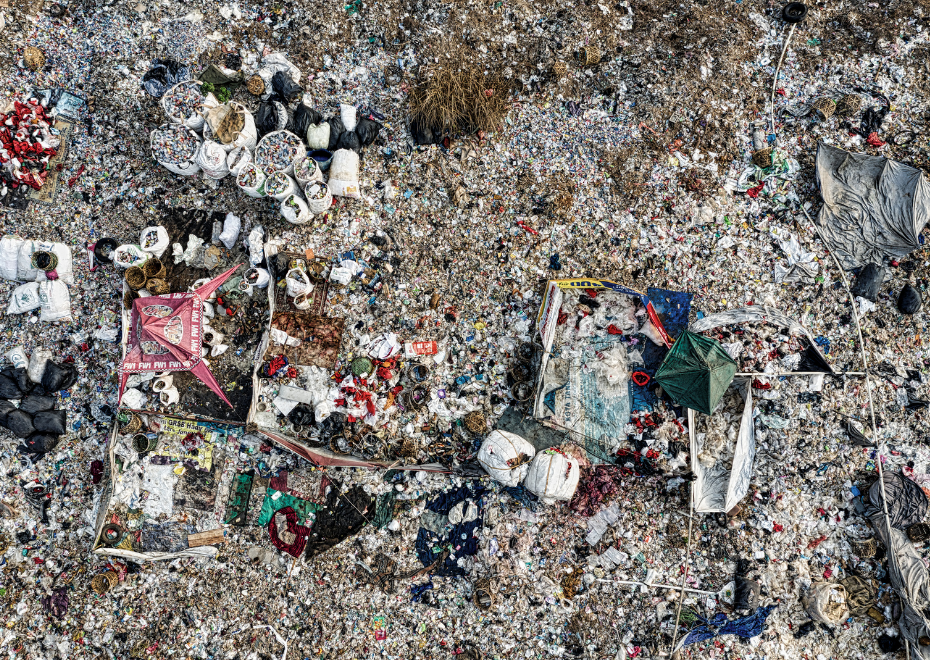
Waste trade is the international trade of waste between countries for further treatment, disposal, or recycling. Often, toxic or hazardous wastes are exported by developed countries to developing countries, such as those in Asia-Pacific. Since 1988, more than a quarter of a billion tonnes of plastic waste has been exported around the world. In 2021, a report by the Environmental Investigative Agency and Rethink Plastic found that if the world is serious about tackling marine plastic pollution, waste trade issues must be addressed, alongside other solutions.

Policy briefs and other resources pertaining to the Basel Convention.

GAIA and Basel Action Network recommend that the SIWG and the consultants supporting its work focus on improving these draft guidelines in the was outlined on this publication.

Description for this block. Use this space for describing your block. Any text will do. Description for this block. You can use this space for describing your block.









